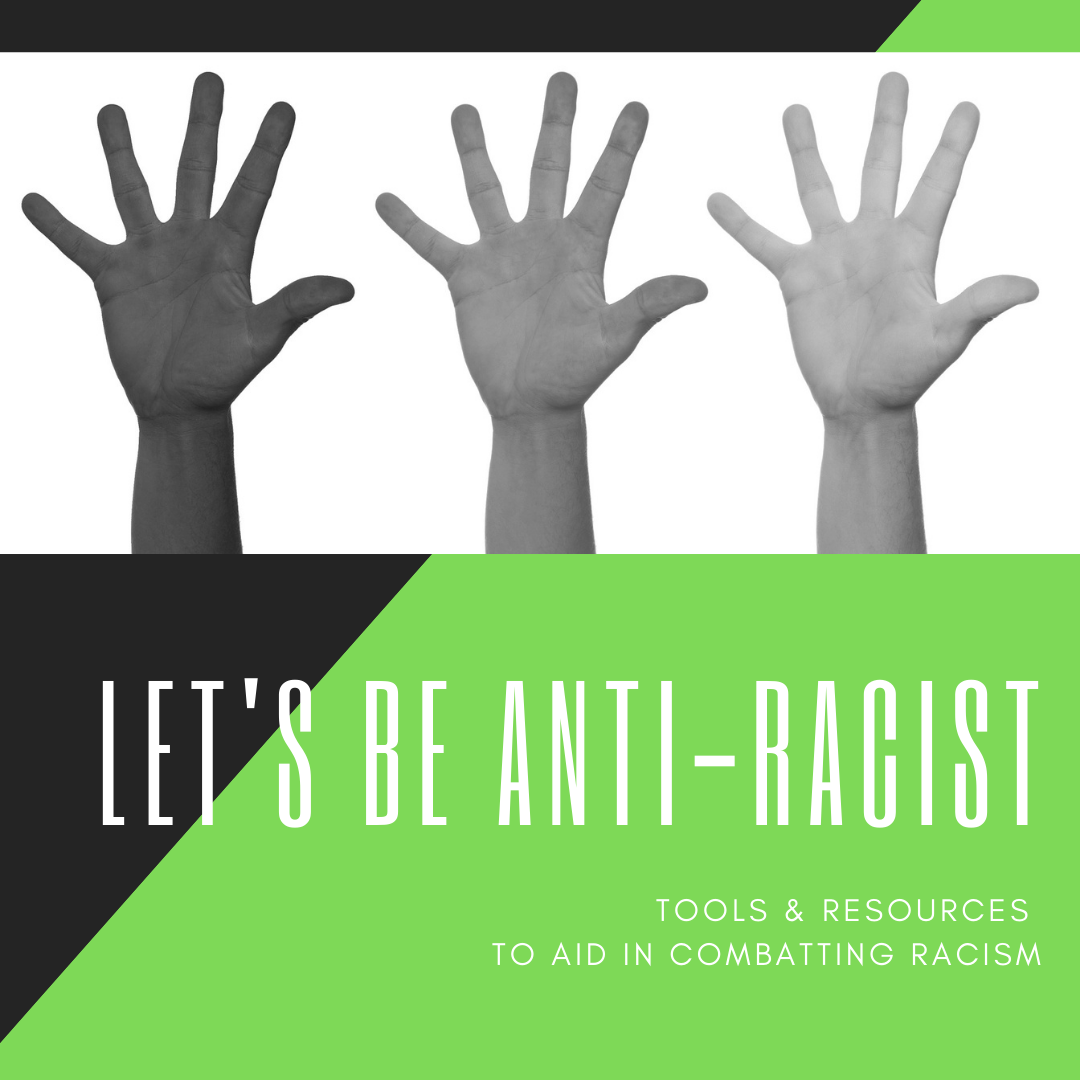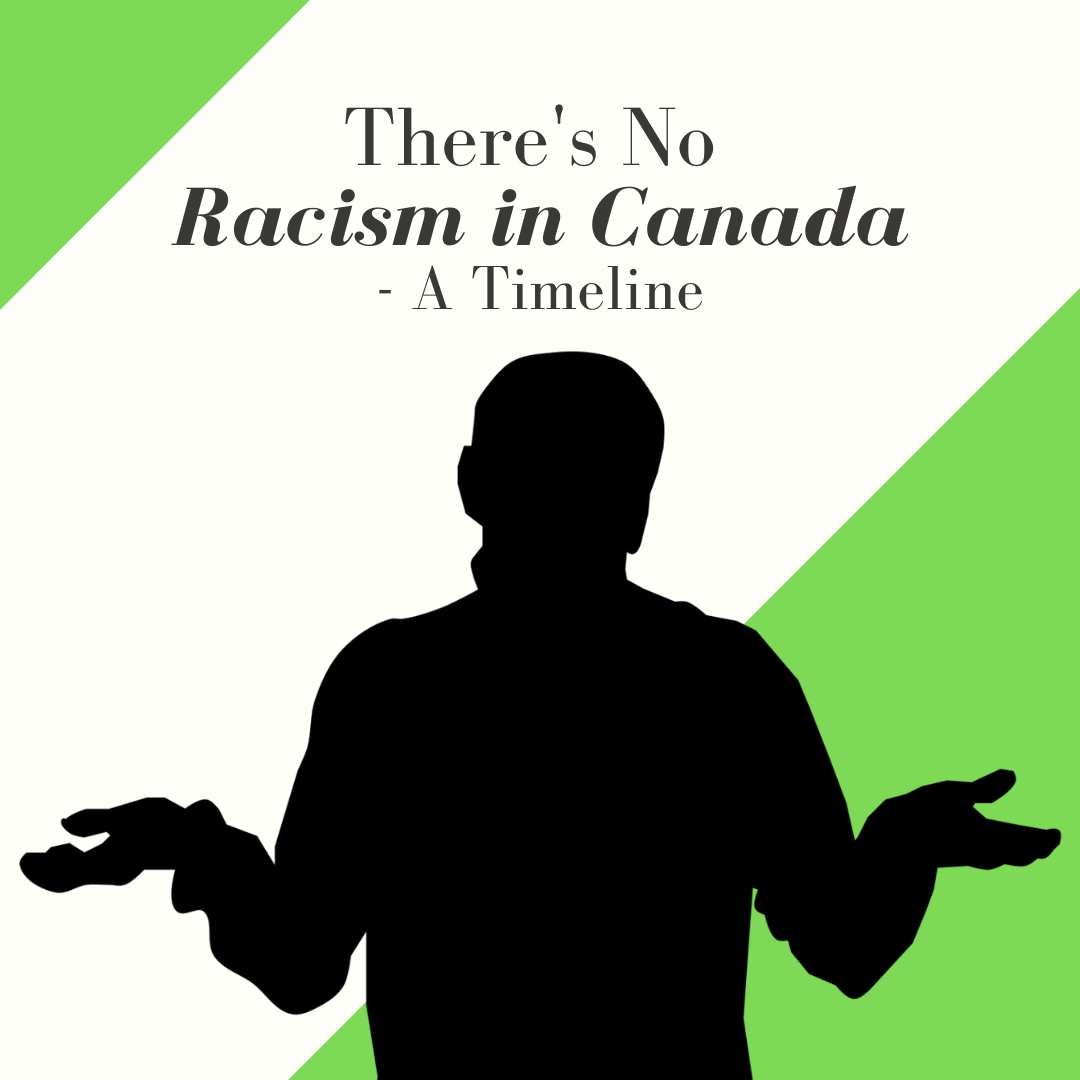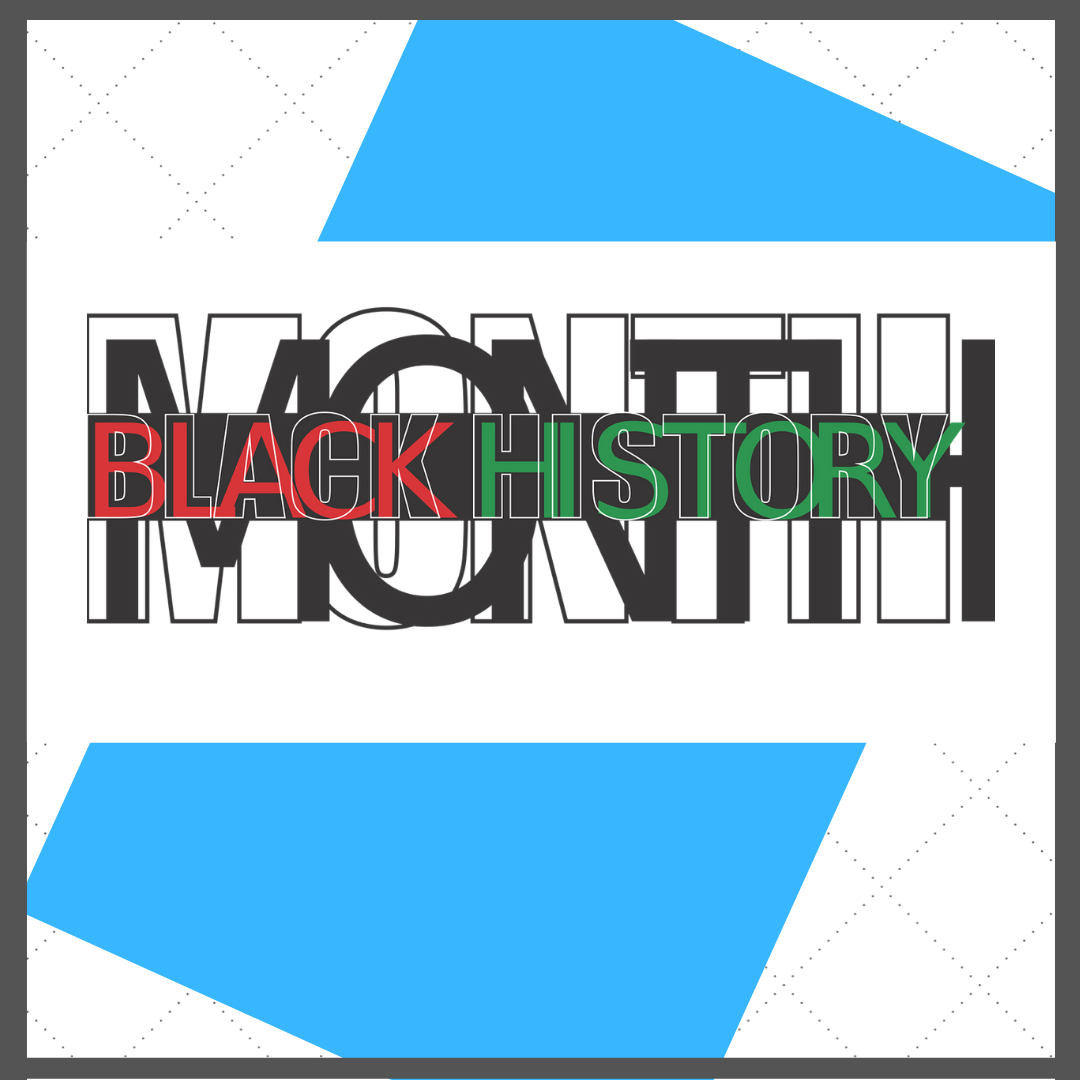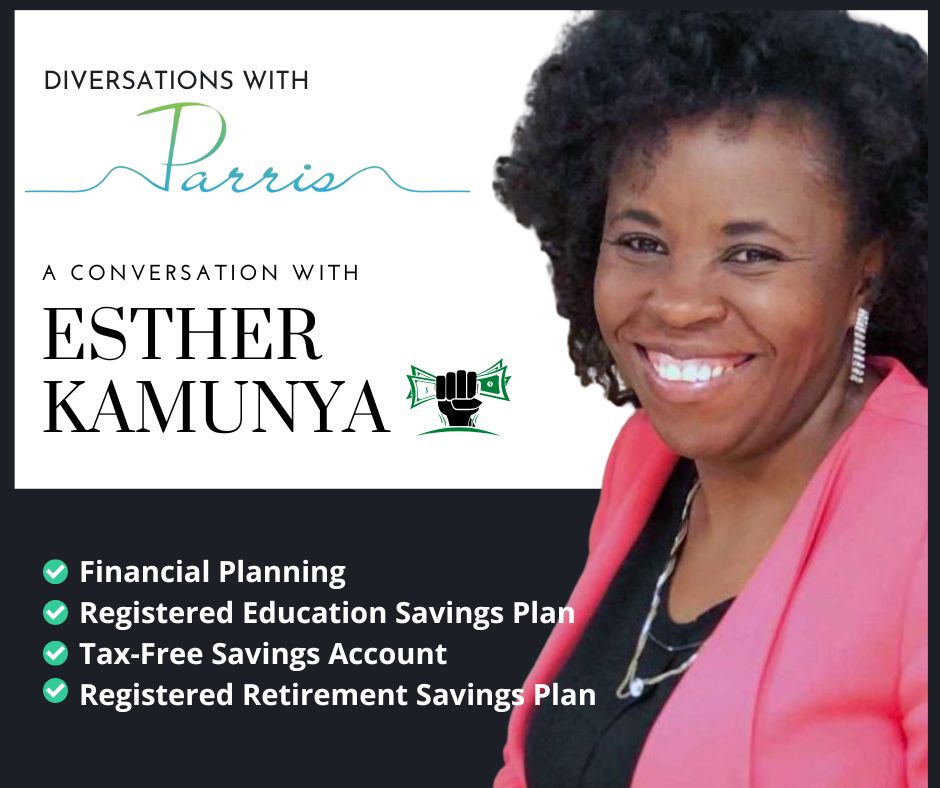As one of the world’s most racially and ethnically diverse nations, Canada has a role to play in confronting the reality of racism. It’s insufficient to simply not be racist; we must actively combat racism. We must embark on an anti-discrimination journey. We must actively be anti-racist.
HOW DO WE BEGIN?
Acknowledge Racism Exists
Many people assert that racism doesn’t exist in Canada. But every day, we see examples of people being discriminated against and marginalized because of their skin colour or other identity markers.
Based on the most recent census data (2016) and Statistics Canada:
• Black Canadians make, on average, 25% less annual income than non-racialized Canadians. The gap in median wages between Black men and their counterparts in the general population has persisted over time.
- Black Canadians are far more likely than non-racialized Canadians and other visible minorities to be unemployed or underemployed.
- Black Canadians are nearly twice as likely as non-racialized Canadians to be considered low income.
- About one in five Black adults in Canada lives in a low-income situation.
- Canadians of Colour are more likely to be in temporary or unstable employment.
Even people who understand that systemic racism exists in Canadian society may look away—intentionally or unintentionally— because of its uncomfortable implications.
Click to read Parris Consulting’s blog post: There’s No Racism in Canada – A Timeline.
Racism Is Real • Systematic Racism Explained
By: BRAVE NEW FILMS (BNF)
Conduct a Self-Assessment
This starts with asking yourself the hard questions about the systems that benefit some of us at the expense of others. It means examining our attitudes and assumptions. It means collaborating sincerely and courageously to understand how systems may disadvantage racialized people, and being prepared to dismantle those systems. And it means embracing diversity and inclusion—in our neighbourhoods, in our business communities, and within our closet group of friends and family.
Dr. Jane Elliott, the creator of the Blue Eyes & Brown Eyes Experiment, designed a self-assessment you can take.
Conversations with a Black Man is an amazing YouTube series designed to be a safe place to have the uncomfortable conversations about race that many people have done their best to avoid. The conversations are raw, real and very authentic. Each episode has nuggets of knowledge that will bring awareness and help you examine your own thoughts, values and biases.
Conversations with a Black Man – Episode 1
By: Emmanuel Acho
Increase your level of Awareness, Understanding & Compassion
“I didn’t know” is no longer a justifiable answer to questions about the existence of or impact of racism on racialized people. Systemic discrimination is historically embedded in Canadian society. Racism is at the core of our laws, our culture, and our attitudes. It’s built into our foundation and perpetuates the social and economic disparities in everything from education to healthcare to housing and employment.
We all have a role to play when it comes to combatting systemic racism. Educate yourself and increase your level of understanding.
Start by reading, watching movies and documentaries, research Black history and Black Excellence and start conversations.
Select each awesome resource below to reveal valuable content and educational tools.
CBC 6 must-read Canadian nonfiction works for Black History Month 2019
10 Movies About Racism And Black Identity That You Can Stream In Canada.
Take the lead by hosting a viewing party to watch the above pieces as a group. Be sure to engage in a constructive (facilitated if needed) discussion after each to share thoughts, comments and lessons learned.
Read
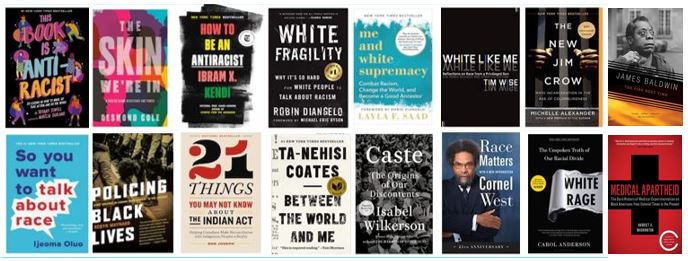
This Book is Anti-Racist: 20 Lessons on how to Wake Up, Take Action, and Do the Work By: Tiffany Jewell & Illustrated by Aurelia Durand
The Skin We’re In: A Year of Black Resistance and Power By: Desmond Cole
How to be an Anti-Racist By: Ibram X. Kendi
White Fragility: Why it’s So Hard for White People to Talk about Racism By: Robin DiAngelo
Me and White Supremacy: Combat Racism, Change the World, and Become a Good Ancestor By: Layla Saad and Robin DiAngelo
The New Jim Crow By: Michelle Alexander
The Fire Next Time By: James Baldwin
So You Want to Talk about Race By: Ijeoma Oluo
Policing Black Lives: State Violence in Canada from Slavery to the Present By: Robyn Maynard
21 Things You May Not Know About the Indian Act By: Bob Joseph
Between the World and Me By: Ta-Nehisi Coates
Caste: The Origins of Our Discontents By: Isabel Wilkerson
Race Matters By: Dr. Cornel West
White Rage: The Unspoken Truth of Our Racial Divide By: Carol Anderson
Medical Apartheid: The Dark History of Medical Experimentation on Black Americans from Colonial Times to the Present By: Harriet A. Washington
44 of the Best Books by Black Authors You Should Read in Your Lifetime Presented by: OWN Network
Start or join a book club if you enjoy learning with a social twist.
Listen
Podcasts are an amazing way to take learning with you. Below are a few great podcasts you can start with.
Higher Learning – Hosts Van Lathan and Rachel Lindsay jump headfirst into hard-hitting topics like police brutality on this new and timely podcast. In fact, its inaugural episode on May 28 discussed the death of George Floyd among other important issues facing the Black community. Listeners can tune in twice a week for cultural commentary from the hosts and guest thought leaders.
Code Switch – What’s CODE SWITCH? It’s the fearless conversations about race that you’ve been waiting for! Hosted by journalists of color, this podcast tackles the subject of race head-on.
Black Lives Matter & Anti-Racism Conversations – Experiences Canada’s Black Lives Matter & Anti-Racism Conversations webinar series – produced in both English and French – aims to increase the capacity of youth to engage in Anti-Racism conversations by providing them with an opportunity to learn from emerging and established leaders and from their peers.
Still Processing – Wesley Morris and Jenna Wortham are working it out in this weekly show about culture in the broadest sense. That means television, film, books, music — but also the culture of work, dating, the internet and how those all fit together.
The Come Through with Rebecca Carroll – Hosted by esteemed writer, editor, and producer Rebecca Carroll, this eye-opening and informative podcast includes 15 essential conversations on race in America. The series features influential guests like Don Lemon, CNN anchor and activist, Walter Mosely, the famed prolific crime fiction novelist. Robin DiAngelo, author of White Fragility, and many more.
YO, Is This Racist? – Hosted by Andrew Ti, creator of the popular blog of the same name, is now a weekly podcast! Every Wednesday, Ti, co-host Tawny Newsome, and their guests answer questions from fan-submitted voicemails and emails about whether or not something is, in fact, racist.
1619 – New York Times audio series, hosted by Nikole Hannah-Jones, examines the long shadow of American slavery.
Pod Save the People – DeRay Mckesson explores news, culture, social justice, and politics with Sam Sinyangwe, Kaya Henderson and De’Ara Balenger. They offer a unique take on the news, with a special focus on overlooked stories and topics that often impact people of color.
Seeing White – This Duke University Center for Documentary Studies podcast—featuring activist and scholar Chenjerai Kumanyika and hosted by John Biewen—exposes the deeply embedded root causes of white supremacy and racism across the expansion of civilizations. Be sure to have a pen and pad handy because this podcast often references resources you’ll want to take note of.
Momentum: A Race Forward– Co-hosts Chevon Drew and Hiba Elyass take listeners on an inspirational journey as they use their voices for racial justice. As vocal community organizers and activists, their unique perspectives help uplift and empower those tuning in to take action by implementing strategies from those on the front lines fighting for equality.
The Stoop – Steeped in authenticity, journalists Leila Day and Hana Baba share their experiences as Black women living in America. With featured guests such as Emmy-winning journalist Jemele Hill, this duo confronts tough topics like the challenges of navigating careers in white, male-dominated fields and other issues facing Black women that are rarely openly discussed.
Groundings – This podcast upholds and celebrates the concept of openly listening, talking, sharing and learning. Hosted by writer, editor, and artist Devyn Springer, topics like gentrification in Atlanta and how capitalism has compounded the COVID-19 pandemic, are just a couple examples of the show’s commitment to shedding light on important social justice issues.
EDUCATE CHILDREN FROM A VERY EARLY AGE
Many believe that young children are “colorblind” or don’t notice race. Most consider them to be “blank slates” who cannot develop racial prejudices until explicitly taught to do so. Many argue that we shouldn’t discuss race with preschoolers because they are “too young” and that merely mentioning race will “put ideas in their heads” or “poison their minds.”
Well, studies prove that although children do not technically understand concepts of race they are aware of racial differences and the impact race can have on one’s experience. One study reported that children know, by the age of 2 years, that being White is ‘better’ (based on treatment) than being Black. This translates from the way in which they see people being treated, talked to and talked about. We must start educating children at the earliest age possible. Research shows that children develop racial biases by ages 3 to 5. The longer we wait the harder it becomes.
Celebrating diversity and the uniqueness we each bring will guide children to do the same. In most instances, teaching children to embrace and celebrate difference is a gift that they will carry with them throughout life.
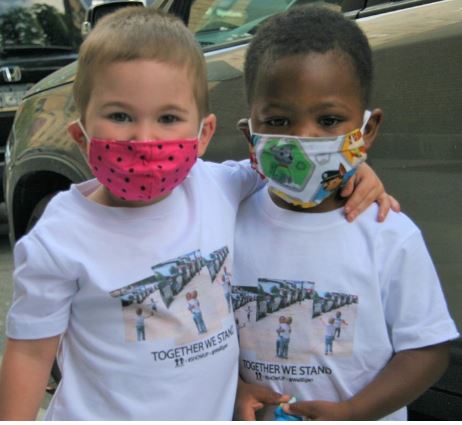
- Model the behaviour you want you children to exhibit. They see and hear everything you do and say.
- Teach them it is okay to notice differences and to ask questions in a respectful manner. Children are naturally inquisitive – let them learn. Don’t scold them for asking questions that may seem embarrassing to us. We don’t need to be ashamed of our differences. They are to be celebrated.
- Stay Real – let your children see your vulnerabilities, biases, struggles and how you overcome them.
Credit: Boy Meets Girl
- Be honest (in age-appropriate ways) with your child about bigotry, oppression and discrimination.
- Take your child with you on your racial justice journey. Learn with your children.
Resources for Parents
Antiracist Baby By: Ibram X. Kendi
The AntiRacist Baby: A Parent’s Guide Book to Help Your Kid Understand Racial Diversity and Racism By: Tessy Williams
Tips for Talking about Race with Small Children (Podcast)
Safe Space Radio: Talking to White Kids About Race
60+ Resources for Talking to Kids About Racism By: Lorien Van Ness
Talking to Children About Race and Ethnicity Presented by: Institute for Learning & Brain Sciences
Why White Parents Need to Do More Than Talk to Their Kids About Racism
Raising Race Conscious Children
10 Children’s Books That Help White Kids Understand What Children Of Color Are Up Against
DOING NOTHING IS RACIST BEHAVIOUR. ACT!
Presented by: Jubilee
Be an Anti-Racist at Work
Research shows that over half of Black Canadians experience workplace discrimination on an ongoing basis. Indigenous Canadians report a similar rate. Over a quarter of Black Canadians report that this discrimination has led to them being mistreated in the workplace.
Racialized job seekers experience fewer call-backs after submitting employment applications. They may be wrongly associated with lower-paying jobs, such as entry level. Such jobs offer few to no benefits, little job security, and only the most limited opportunities for development or promotion.
Tips for Corporate
- Name it when you see it. Call out racism and discrimination.
- Create, revamp, or restate your position on diversity and inclusion to the organization.
- Prioritize diversity in recruitment – representation in recruiting brings a diversity of lived experiences, and that leads to organizational success.
- Retain, grow, and develop minority talent.
- Focus on and incentivize the development and movement of minority talent currently working within your organization.
- Learn as much as possible about the challenges and prejudices faced by colleagues from marginalized groups.
- Don’t be a bystander to inappropriate or offensive behaviour or actions. If you observe unfairness or discrimination, question it, and take action to stop it.
- Reach out to your team to ensure they are okay. Check in regularly.
- Be aware of Black Burnout – as awareness of racism grows, employees of colour may be asked for guidance, advice, support, and reassurance by allies. Be mindful of the pressure this puts on employees of colour. The burden of solving racism can’t rest with one group alone; we must all work together. Make sure employees of colour volunteer to do the work not get voluntold.
- Create employee toolkits that include pertinent, useful information, and resources for all levels of the organization.
- Ensure procedures for reporting discrimination are clear, easy to follow, and non-threatening.
USE YOUR PRIVILEGE TO EMPOWER OTHERS
Having Privilege Doesn’t Make You a Bad Person or a Racist. What You do with Your Privilege Can.
In order for you to benefit from privilege someone else must suffer because of it. You can turn that around by using your privilege to uplift, empower and provide opportunity for those whom would regularly suffer.
Step 1: Identify the parts of your identity/experience that you think about least. Consider your skin colour, education, financial status, social status, identity, ability, etc. Once you’ve determined them, you’ve more than likely identified your privilege.
Step 2: Research what people who lack that same privilege encounter. Think about their challenges at work, at school and in their communities. You can use the Internet as a good starting point for first-person accounts.
Step 3: Seek opportunities to speak up, to act or to defer your privilege to empower another. Amplify the views of people not being heard and bring back conversations when someone is interrupted. Give credit where credit is due and spread the word about individual talent and excellence. Notice when bias is playing out and name it.
Step 4: Think and act strategically. Notice when you inadvertently speak over the same group you mean to support. Act when it happens – step aside or step back and learn from those whose lives are directly affected by the issue. Take their lead while using your privilege.
STAY ENLIGHTENED & CONNECTED
Research and/or follow thought leaders, racial justice activists, educators, and organizations on social media to stay in touch and up-to-date.
Here are a few examples to get you started.
Racial Justice Legends
Thought Leaders
Educators
TAKE ADVANTAGE OF AVAILABLE RESOURCES
Racism, social injustice, microaggressions and other forms of discrimination (intentional or unitentional) create trauma for people on the receiving end. Racial trauma is the ongoing result of racism, racist bias, and exposure to racist abuse. Racial trauma can affect many aspects of a person’s life, including their ability to have relationships, concentrate on school or work, and ultimately to feel safe.
Racial trauma is widespread among marginalized groups. This is particularly true among Black people. Research shows that repeated exposure to racism is associated with a host of psychological consequences, including depression, anxiety, post-traumatic stress disorder, substance-use disorders and suicide.
Mental Health Services
It takes a strong person to reach out for help. Don’t let stigma keep you from getting the support you deserve. Contact your local…
Canada Suicide Prevention Service
Professional Services
Consider hiring a consultant to assist you on your journey to become and thrive as an anti-racist. There are many organizations that can work with you. Doing the work is not comfortable and requires you to step outside your comfort zone. Choose a specialist that you are comfortable with and feel you can trust.
Parris Consulting works alongside individuals while on their personal journey. We assist by providing one-on-one coaching sessions, answering uncomfortable questions, strategizing an action plan, and designing customized tools and resources.
Sources: Brave New Films, Jane Elliott, Frontline PBS, Emmanuel Acho, Higher Learning, Boy Meets Girl (photo credit), and Jubilee.

